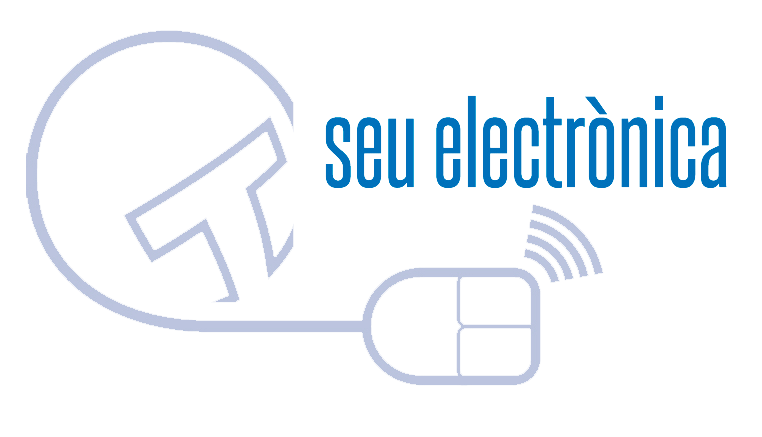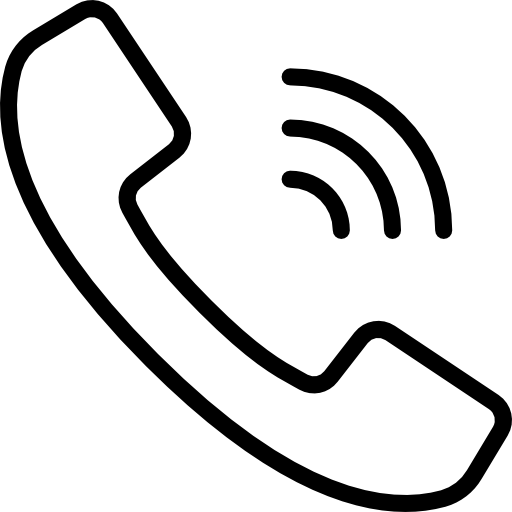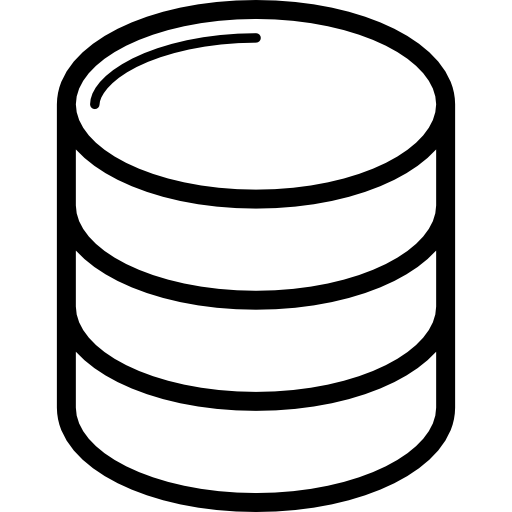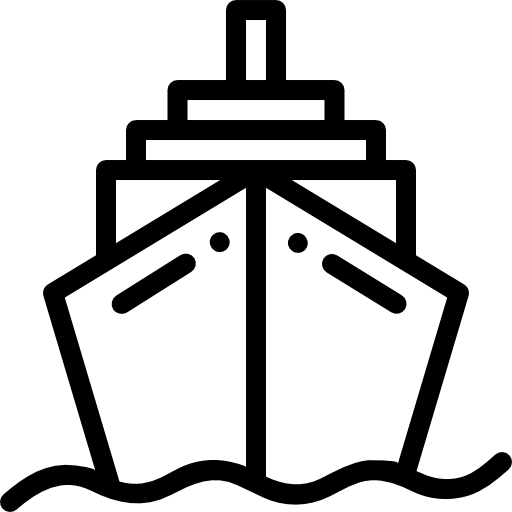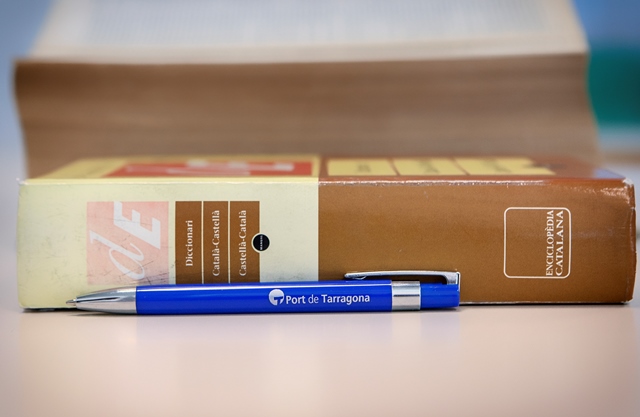

Welcome to the website of the Port of Tarragona’s Catalan Language Service.
This service:
- Facilitates advisory services and communication in the Catalan language
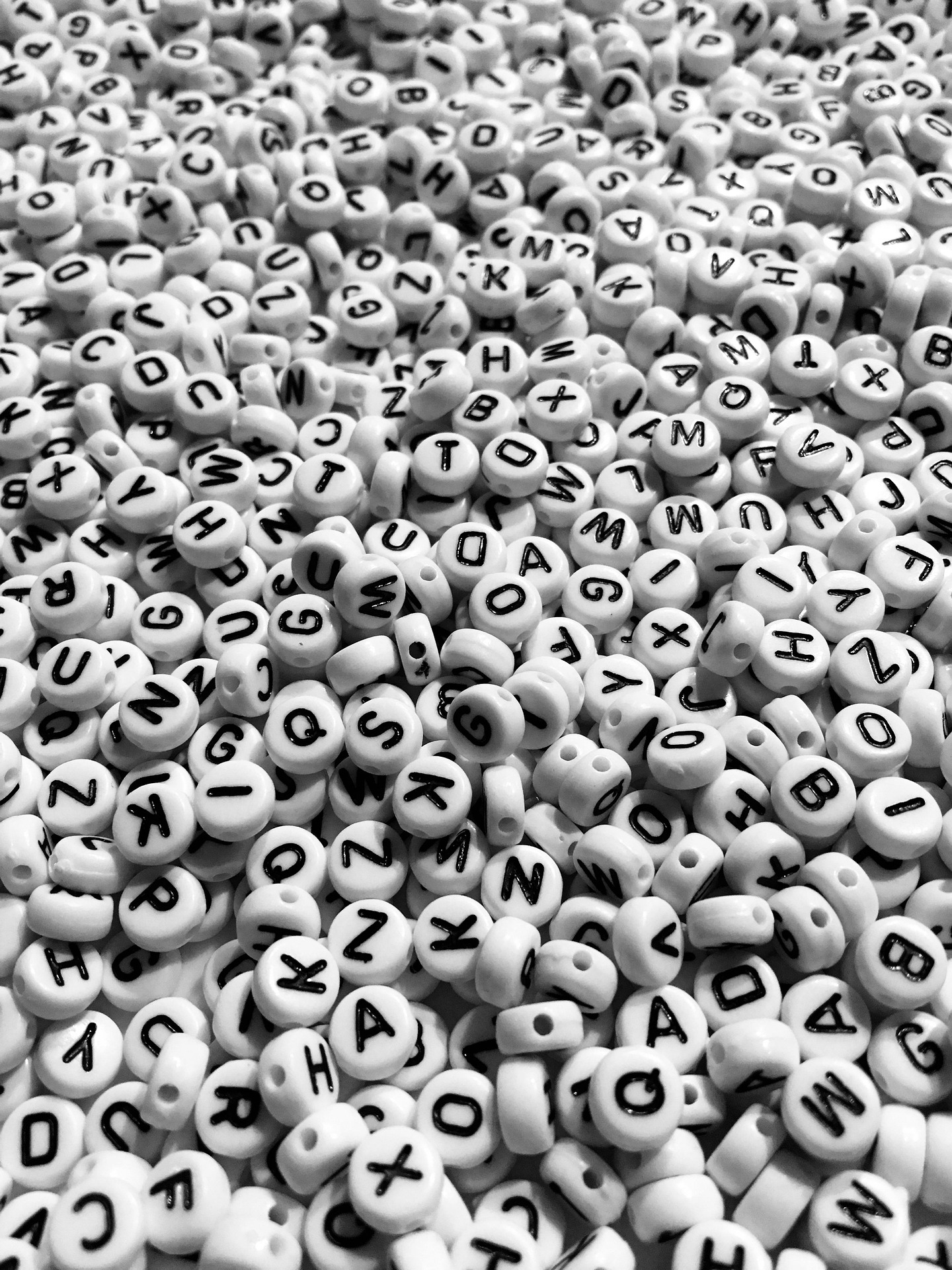
LANGUAGE ADVICE | Translators & Correctors
Automatic online translation services and tools or software for this purpose
Lets you find spelling mistakes, and grammatical or typographical errors, and makes recommendations regarding style
A spelling and grammar corrector designed specifically for the Catalan language. A demo version of the program is available free of charge.
A corrector that can be used in applications such as Mail, Textedit, Safari and on the web
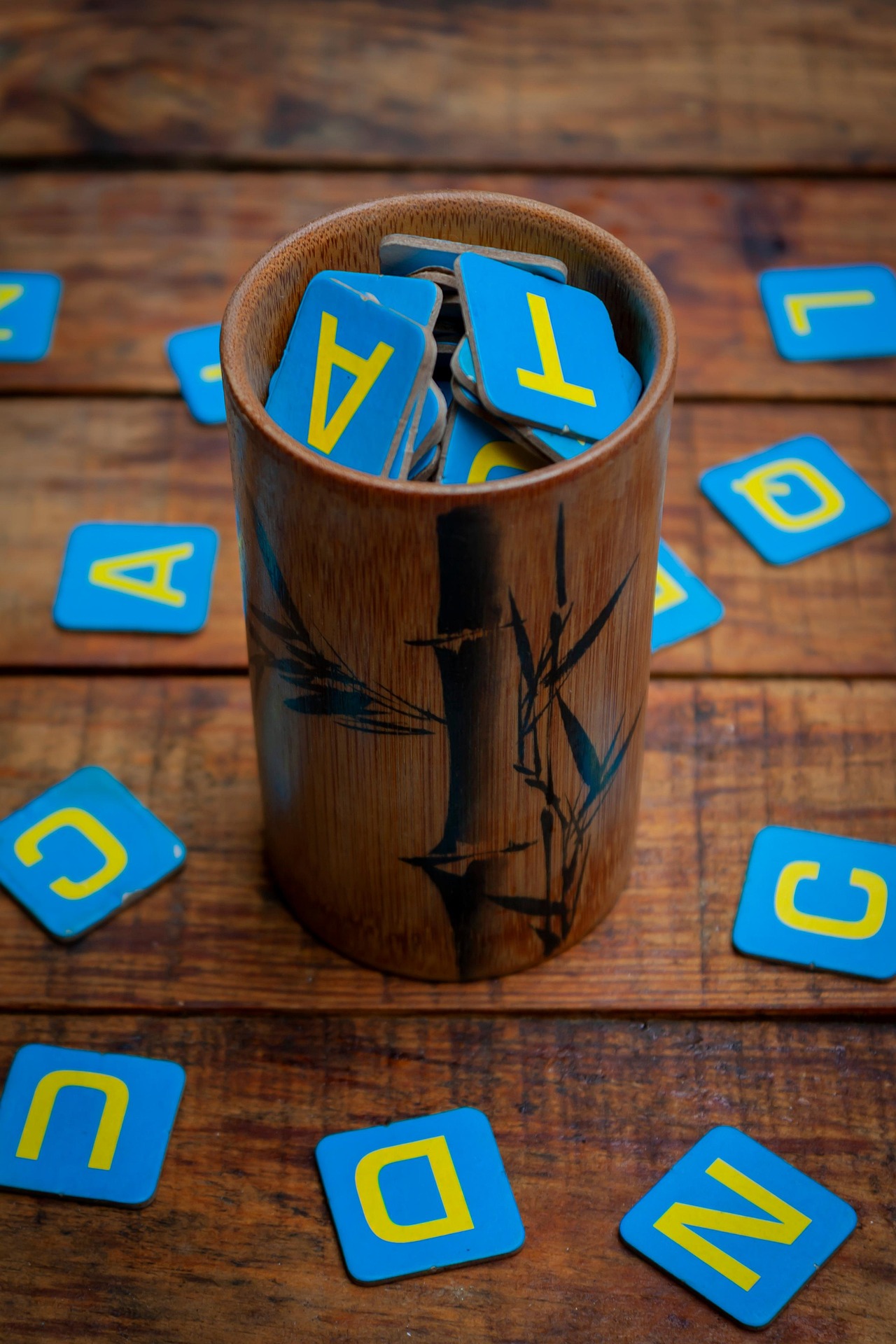
LANGUAGE ADVICE | General and specialized dictionaries
A regulatory and general dictionary from the Institute of Catalan Studies.
Enciclopèdia Catalana. Free online consultation to resolve doubts about words in the general language.
General language dictionaries; Thesaurus and Catalan-Spanish, Catalan-English and Catalan-French dictionaries
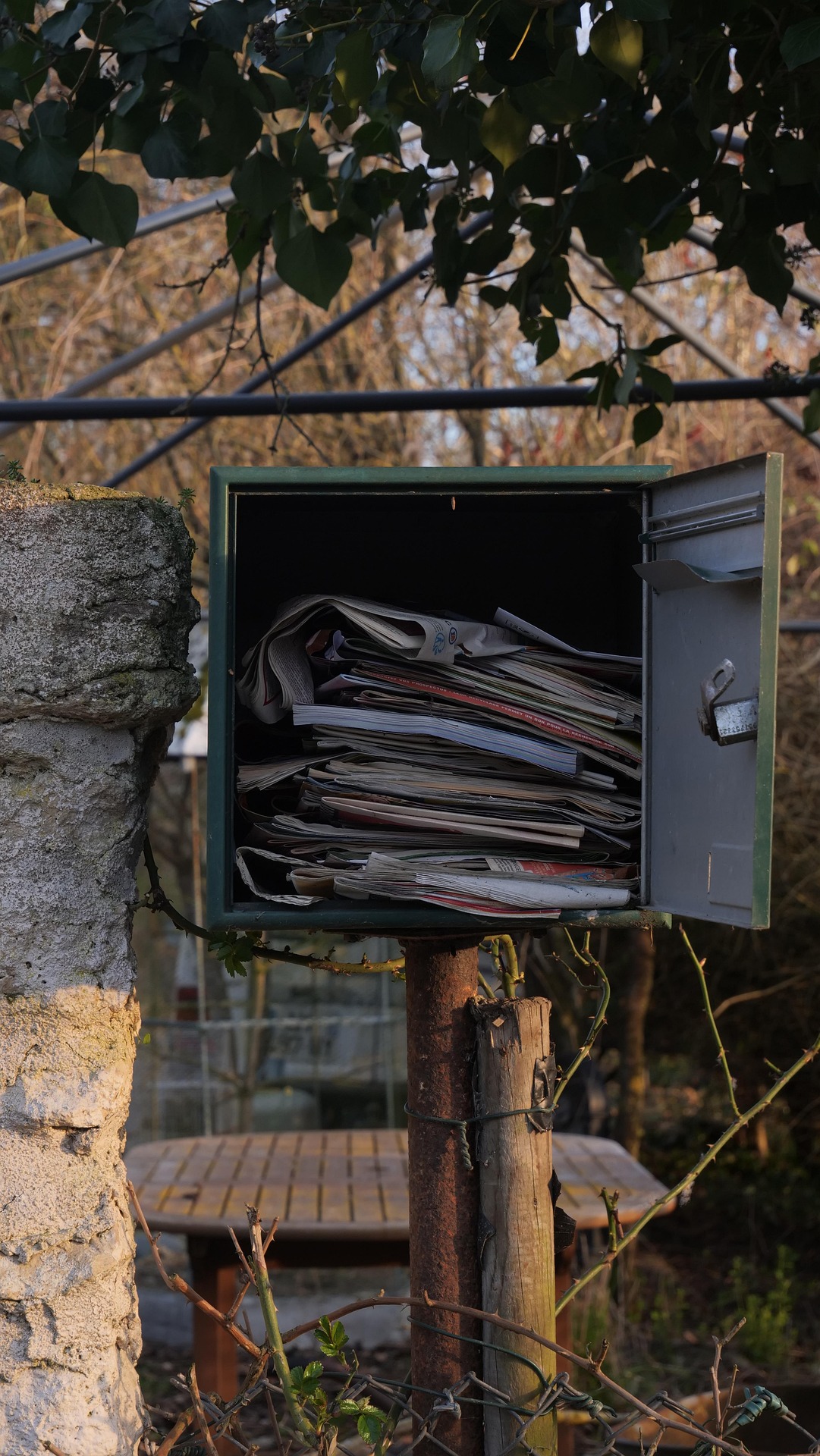
LANGUAGE ADVICE | Linguistic and terminological queries
Allows searches from Spanish to Catalan and Catalan to Spanish of legal and administrative terms
Llengua Catalana Promotion
Ple pel Català al Camp de Tarragona
A website that brings together the activity in matters of language policy in the Tarragona area.
Company and language
What is your company’s availability when it comes to Catalan? Would you like to access the offer of assistance in increasing your range of products and services in the Catalan language?
Volunteering for the language
General information and materials designed to help in practising Catalan between language pairs. You can also learn about the advantages of the Volunteering for the Language card.
Tarragona Language Use Standarisation Centre
Services for consulting, training and promoting the Catalan language










